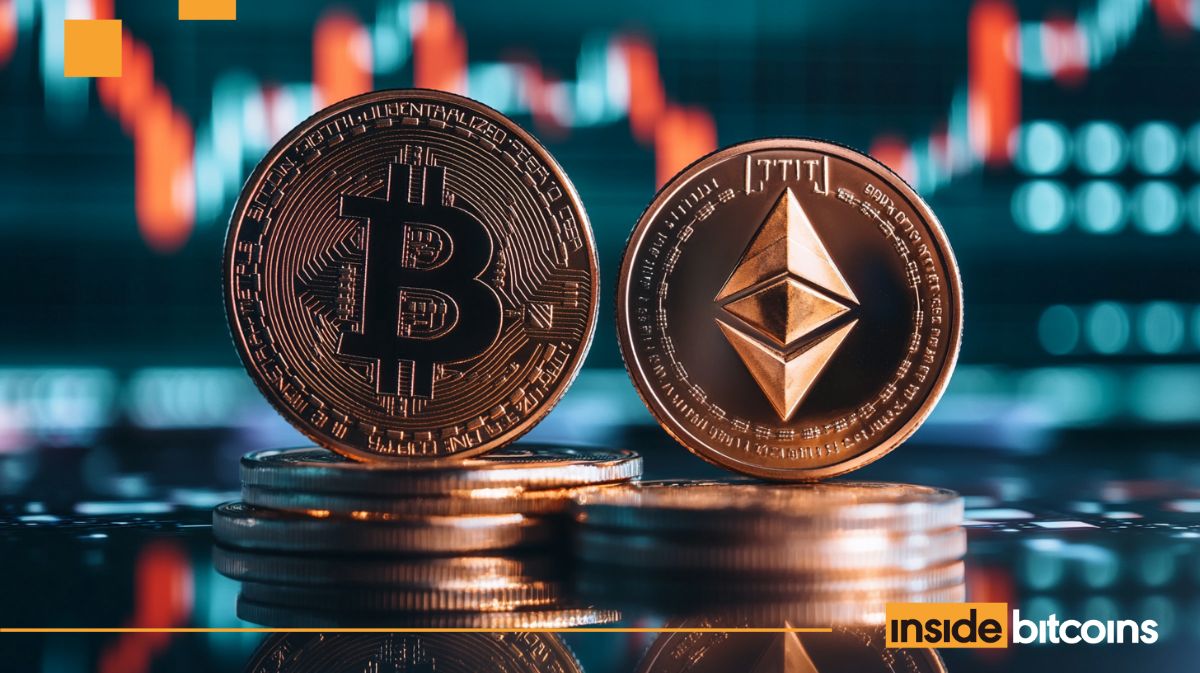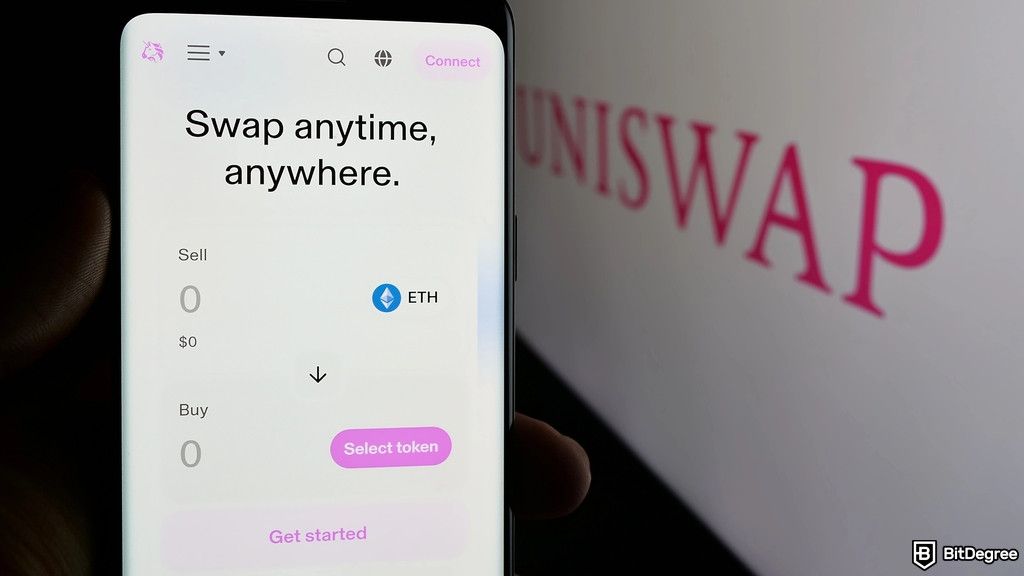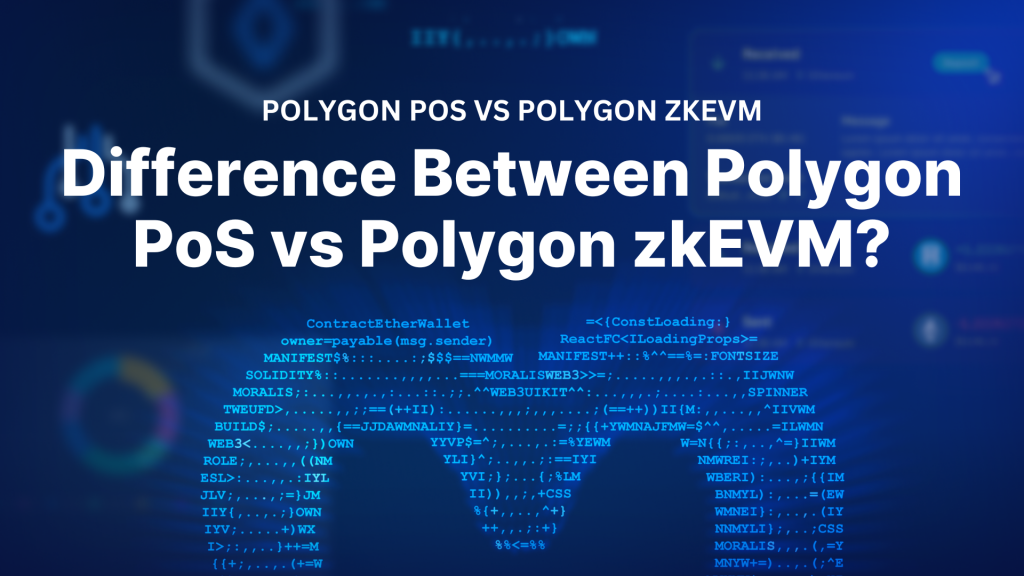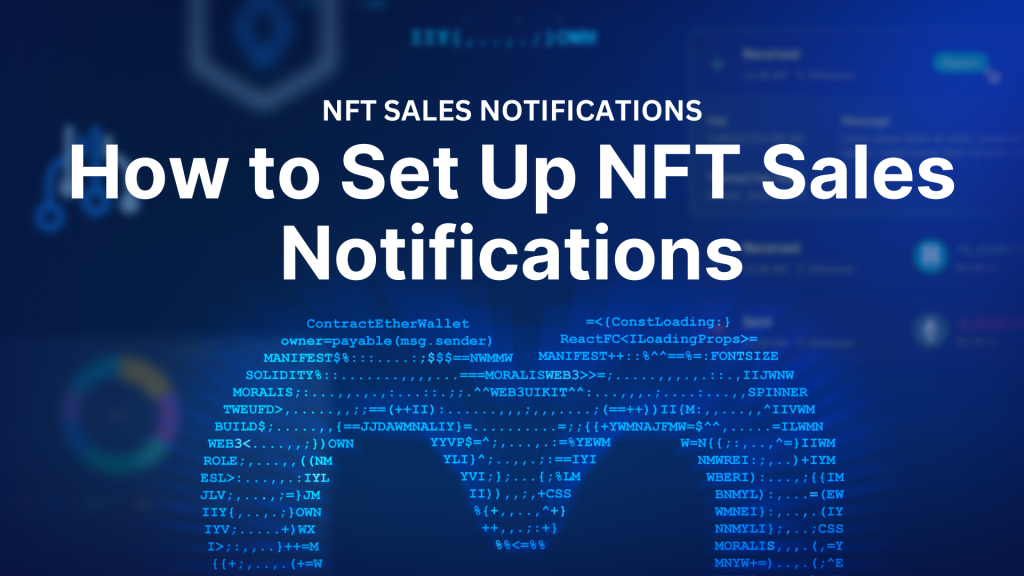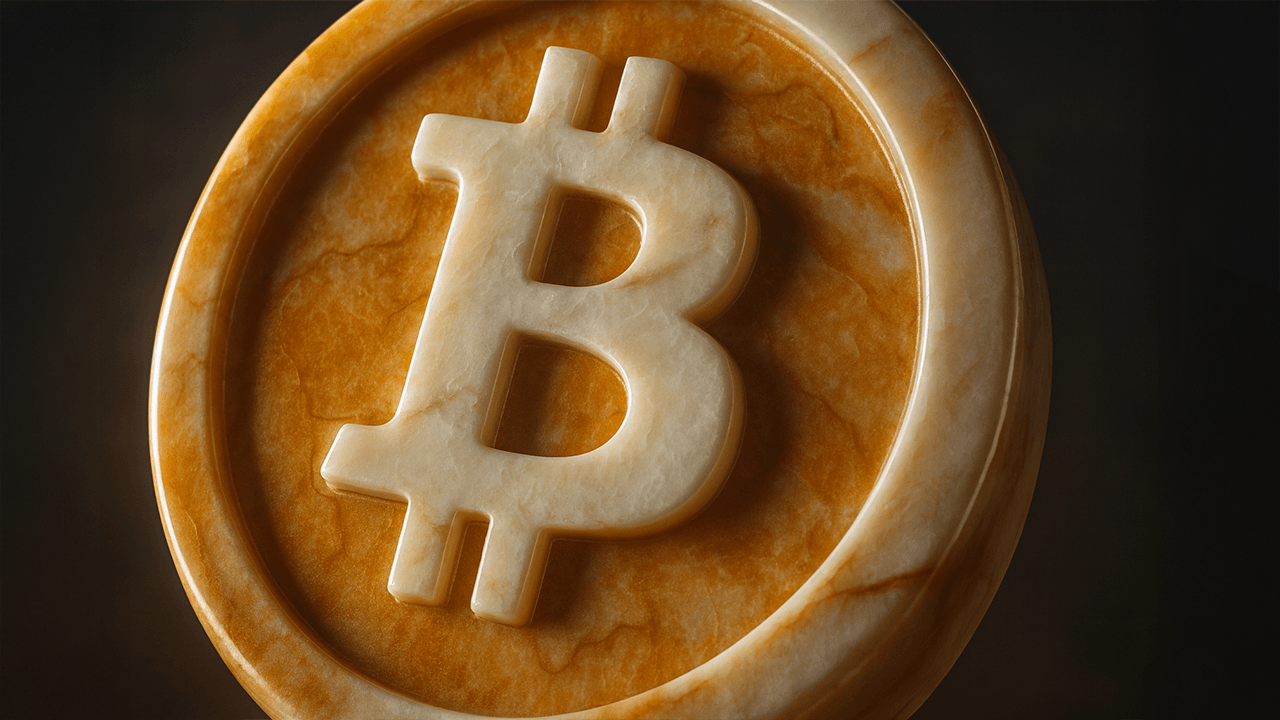The future of open banking in the US just hit another curve. Yesterday, July 29, the Consumer Financial Protection Bureau (CFPB) filed a surprise motion to pause the legal battle over its Section 1033 data access rule. The move, which comes the day that final arguments were due in the case, signals that the Bureau plans to rewrite the rule altogether, a dramatic shift that could reshape how financial data flows between banks, aggregators, and fintech apps.
Because this case is a rollercoaster, let’s start from the beginning. In the fall of 2024, the CFPB issued the final rulemaking on Section 1033 of the Dodd-Frank Act. The new rule, issued in the form of a 594-page document, aimed to enhance consumers’ rights, privacy, and security over their own personal financial data. Hours after the CFPB issued the rule, Forcht Bank, the Kentucky Bankers Association (KBA), and the Bank Policy Institute (BPI) filed suit, arguing that the CFPB overstepped its authority and violated the Administrative Procedure Act. They later filed an amended complaint in November, and the CFPB responded in December.
Then, things got even more complicated. After the new administration placed new leadership over the CFPB early this year, both sides agreed to temporarily pause the case and delay the rule’s compliance deadlines. The court granted the pause and extended it again in March. Meanwhile, the Financial Technology Association (FTA), a group that represents fintechs and aggregators, was granted permission to join the case in May. All sides submitted their main arguments to the court at the end of May, and their responses to each other’s arguments were due by July 29, 2025.
The next interesting twist in the story came out yesterday, when the CFPB filed for a motion to “reconsider the rule with the view to substantially revising it and providing a robust justification” because of “recent events.” The recent event the Bureau is referring to is JPMorgan’s announcement to data aggregators that it plans to charge them a fee to access consumer data. This move has sparked multiple heated conversations over who owns consumer data and how many services banks should be expected to provide for free.
Many conversations highlighted the fact that the CFPB’s 1033 ruling stipulated that banks cannot charge third parties for data access. However, now that the CFPB has indicated it plans to revise the rule, some experts are wondering whether the agency is backing away from that stance. Critics fear the Bureau may soften the ban on data access fees in response to pressure from JPMorgan, the biggest bank in the world by market capitalization. Others argue that resetting the rule could allow for broader industry consensus and a more durable framework.
Either way, the move reopens a regulatory debate that many thought was settled. Now that you’re caught up, here are the four highlights of the CFPB’s latest motion:
Plans to rewrite the ruleIn its motion, the CFPB announced that it intends to throw out its current version of the Section 1033 rule and start fresh. The Bureau says it will kick off a new, “accelerated” rulemaking process with an Advanced Notice of Proposed Rulemaking (ANPR) expected within three weeks. The CFPB has decided on a pivot. Rather than defending its original rule in court, the CFPB is acknowledging its change in leadership and “recent events in the marketplace” (which is very likely JPMorgan’s controversial move to charge data aggregators) as the reason it plans to take the rule back to the drawing board. A substantially revised rule could reshape the boundaries around consumer data access and fees.
Requests a pauseThe CFPB is asking the court to pause the current legal proceedings while it works on rewriting the rule. The Bureau reasons that if it is about to replace the rule that’s being challenged, then it doesn’t make sense for the court to keep spending time on the existing version.
Promises communicationTo assure the court that the motion isn’t a stall tactic, the CFPB is promising transparency throughout the rulemaking process. If the court grants the pause, the Bureau will submit status reports every 90 days to update the judge on its progress. This is meant to maintain communication with the court and demonstrate that the agency is moving swiftly.
Cites oppositionIn the motion, the CFPB acknowledges that not all parties are on board. The Financial Technology Association (FTA), which represents data aggregators and fintech firms, does not oppose the pause. But the plaintiffs (Forcht Bank, the KBA, and the BPI), however, do oppose it. They plan to file a formal objection, likely arguing that the pause is a delay tactic and that the rule should be struck down based on the current legal merits.
What happens next will most certainly have ripple effects across the entire financial ecosystem. If the CFPB follows through on its promise to rewrite the rule, we could see a very different version of Section 1033, one potentially shaped by politics, institutional pressure, consumer rights, and innovation. At this point, it is clear that the future of open banking in the US is once again uncertain and very much up for debate.
Photo by Christian Wasserfallen
Views: 86












